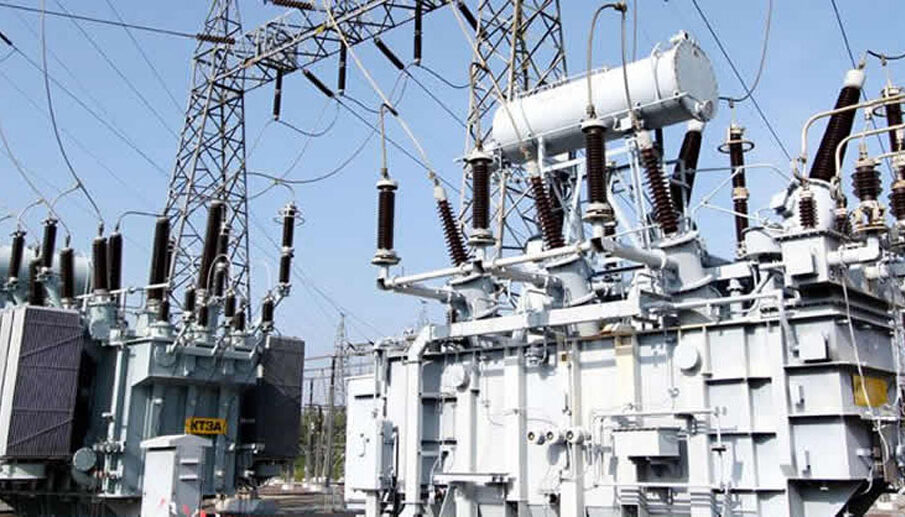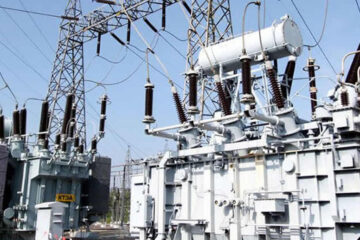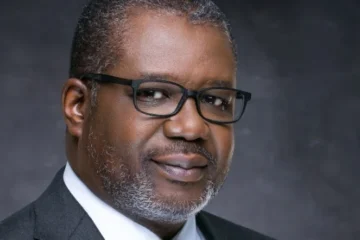N2.7tn debt: Nationwide electricity blackout as gas producers cut supply to Gencos

Wholesale gas-producing companies have stopped the supply of natural gas to power generation companies for electricity production over the non-payment of debts accrued from previous supplies.
The PUNCH reports that the Chief Executive Officer of the Association of Power Generation Companies, Dr Joy Ogaji, disclosed the latest development in an exclusive interview on Wednesday, stressing that the gas-producing companies have formally notified all GenCos of the suspension of natural gas supply.
The gas supply was abruptly halted after the Nigerian Midstream and Downstream Petroleum Regulatory Authority reportedly instructed gas producers to suspend the delivery of natural gas to indebted GenCos until further notice, citing the escalating debts.
The situation has sparked a gradual nationwide electricity blackout, severely impacting power generation across the coumtry.
Currently, over 70 per cent of Nigeria’s power is produced by gas-fired power plants.
Earlier this year, Minister of Power, Adebayo Adelabu, disclosed that the Federal Government would start offsetting part of the debts it owes power generating companies and gas suppliers from April this year.
The minister, while on a working visit to Egbin Power Plc in the Ikorodu area of Lagos State, said he would liaise with the Central Bank of Nigeria to prioritise foreign exchange allocation to the power sector, saying this would boost the ability to ramp up capacity in terms of generating output.
“The Federal Government is now prioritising paying down on the outstanding debts, and I have assured the board and management that effective from April, we will start paying down on debts, as a form of incentive to continue to have them in operation,” he stated.
While the government had in the past few months paid N205bn of the debt owed to the GenCos, an ongoing disagreement between the NMDPRA and gas producers on who should collect the 0.5 per cent wholesale price levy imposed on petroleum products by the Petroleum Industry Act made the suppliers demand the payment of money owed.
Speaking during the interview, APGC CEO Dr Ogaji stated that all relevant authorities, including the presidency, have been notified of the current situation and are awaiting the necessary interventions.
She added that debt, which hovered around N2tn earlier this year, has increased to N2.7tn.
She said, “It is no longer a matter of NMDPRA giving a directive. They have already stopped the supply of gas to power-generating companies.
“They (gas suppliers) have halted the supply. They have already informed our gencos that they are not going to be supplying gas anymore until what is outstanding is settled and it didn’t happen today.
“We have told the Nigerian Electricity Regulatory Commission, they are already aware of the situation. There is nobody who would say they are not aware; the minister is aware, and the presidency is aware.
“The total debt has now increased to over N2.7tn and you know that 70 per cent of thermal Gencos invoice is gas.
“They have been paying a small amount. So, when they pay us nine per cent, we just calculate nine per cent of our gas invoice and send it to the gas supplier because that is the only way to survive. We are all sharing in the poverty that NBET is giving us.”
The halt in supply has disrupted the energy sector, leading to growing concerns about energy shortages and operational instability nationwide.
Already on Wednesday, Nigerians were plunged into darkness following another collapse of the national power grid.
This is the 12th time the grid would collapse in the year.
The grid went off at about 1:36 pm on Wednesday afternoon. It was observed that power generation was 0.00 megawatts as of 2pm.
The President of Nigeria Consumer Protection Network, Kunle Olubiyo, called for an independent forensic audit of the debt claims by gas-producing companies as the outstanding amount does not correlate with realities in the sector.
He further urged the government to fully privatise the power sector and not remain a scapegoat for the inadequacies of players in the sector.
Olubiyo told The PUNCH, “What we need to do is adequately interrogate these claims; once they are checked, audited and verified, then we can see what is going on in the sector. It’s a buying and selling market.
“The model currently being deployed at Azura is what we are supposed to have for all Gencos abinitio. When the government offered the power sector for privatisation (upstream and downstream), there was the provision of financial instruments such as letters of credit to help in the event of non-compliance with the market rules and obligations. That letter rule could be used to create some level of discipline but players in the sector cut them off and preferred to get product on credit without a plan to pay back. The market should be administered like a business so that if there are infractions, you can call the penalty clauses and instruments. If you pledge an amount of money that can translate to the failure of the sector, there have to be punishments.
Meanwhile, the Nigerian Midstream and Downstream Petroleum Regulatory Authority has denied giving any directive to stop the supply of gas to the power-generating companies.











